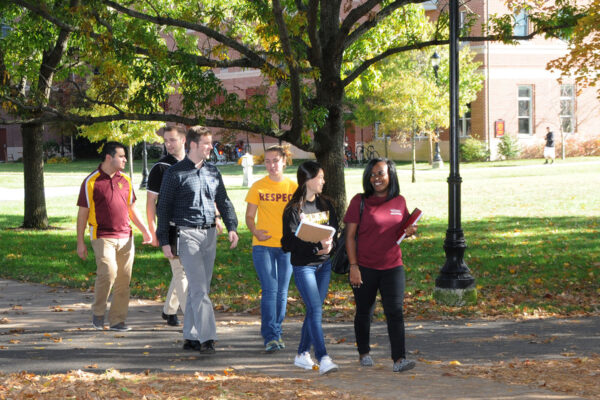Faces of Dreamers: Roshell Rosales and Fernanda Herrera
This is one in a series of posts on individual Dreamers, undocumented immigrants brought to the United States as young children, many of whom are under threat of deportation following the Trump administration’s decision last month to rescind the Deferred Action for Childhood Arrivals policy, or DACA.
The percentage of immigrants in Alabama is relatively small—under 4 percent in 2015, according to the American Immigration Council. As of 2016, 55 percent of immigrants in the state eligible for Deferred Action for Childhood Arrivals (DACA)—or 4,803 people—had applied for DACA.
Two of those Alabamans with DACA status are University of Montevallo student Roshell Rosales and recent Samford University graduate Fernanda Herrera, profiled over the summer by AL.com.
Like many undocumented immigrants brought to the United States as children, Herrera took on added responsibilities—including student loan debt— after she was granted DACA status in 2012, believing she was protected from deportation. She was just two years old when her family came from Mexico to the United States, and she has never been back.
Rosales remembers her aunt bringing her to the United States from a small town outside Mexico City when she was three. Now 18, she is studying economics at Montevallo on a full institutional scholarship, an opportunity only available to her because she was granted DACA status about two years ago.
To read their stories in full, see AL.com.
If you have any questions or comments about this blog post, please contact us.

